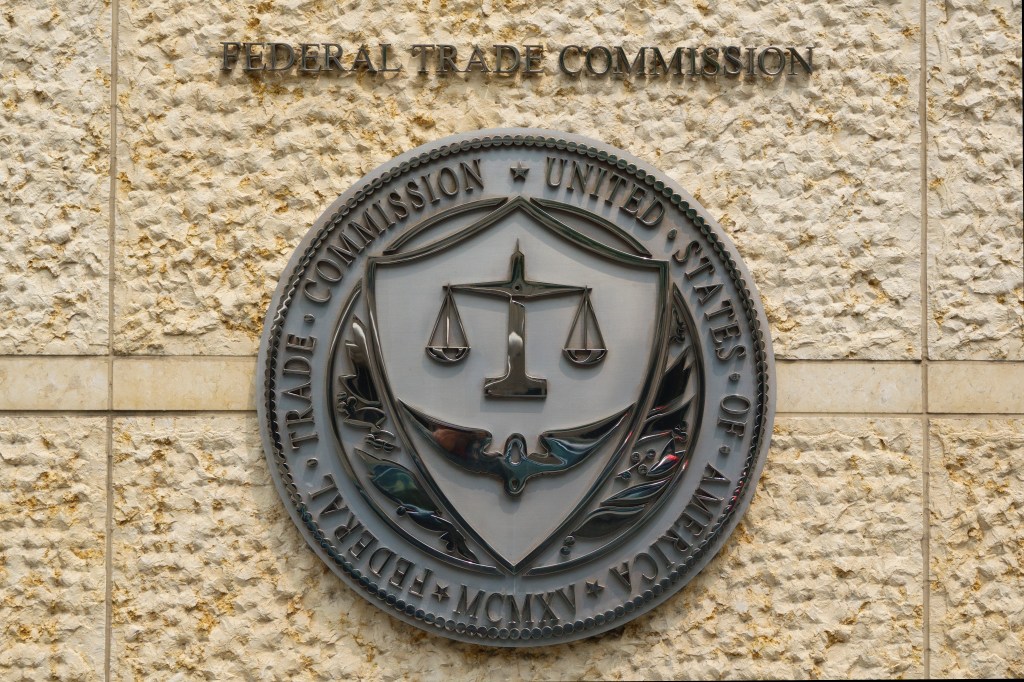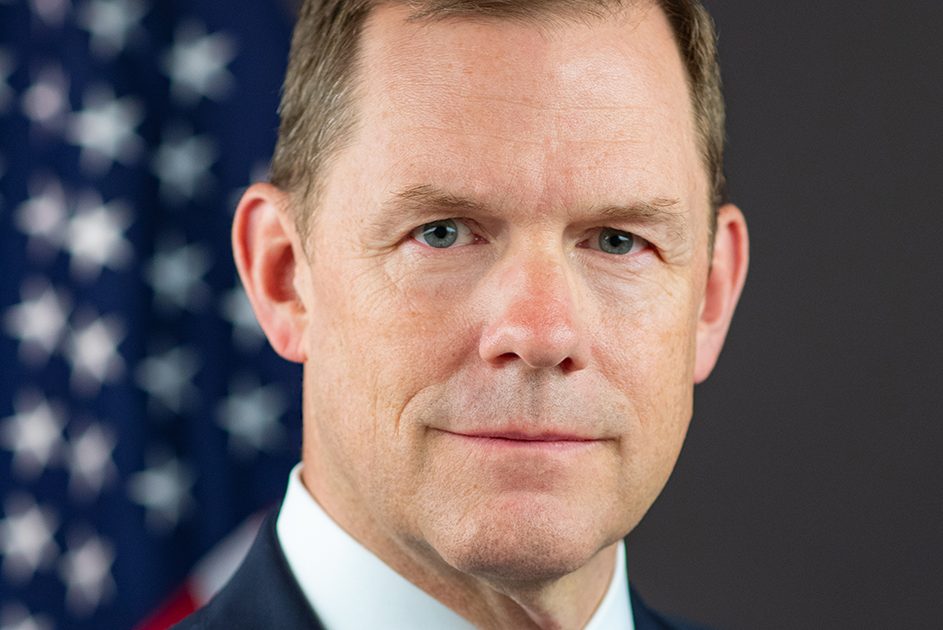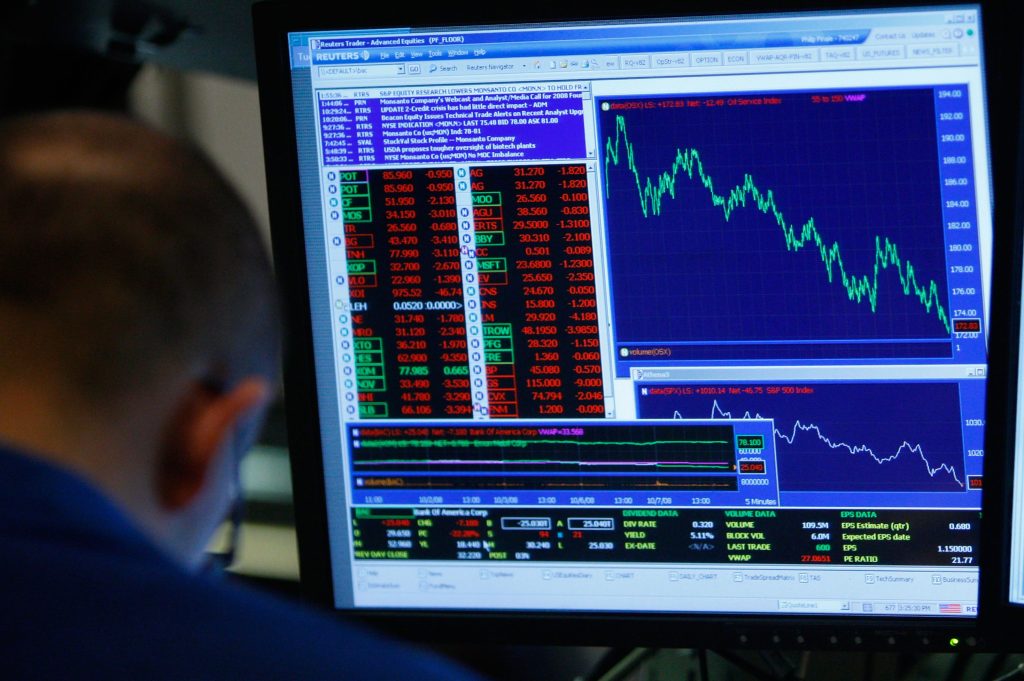Paul Pereira, former CEO and co-founder of Alfi, Inc, has been charged by the SEC over making materially false and misleading statements on social media about the company’s financial and performance metrics to try and boost the now-defunct company’s stock price.
The SEC said Pereira violated his
Register for free to keep reading
To continue reading this article and unlock full access to GRIP, register now. You’ll enjoy free access to all content until our subscription service launches in early 2026.
- Unlimited access to industry insights
- Stay on top of key rules and regulatory changes with our Rules Navigator
- Ad-free experience with no distractions
- Regular podcasts from trusted external experts
- Fresh compliance and regulatory content every day













